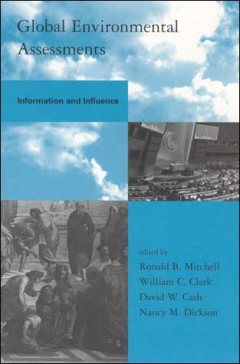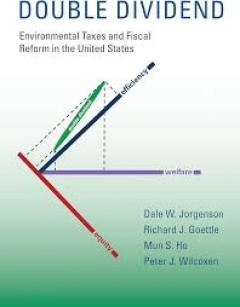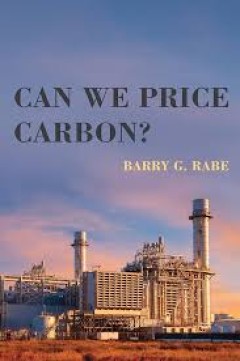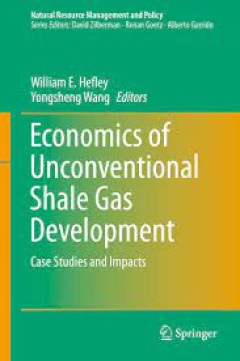Filter by

Global environmental assessments : information and influence
A comparative analysis of global environmental assessments shows the importance of policy salience, scientific credibility, and social and political legitimacy in determining the influence of scientific assessments on global environmental policy.OCLC-licensed vendor bibliographic record.
- Edition
- -
- ISBN/ISSN
- 9780262279987
- Collation
- 1 online resource (xiv, 344 pages) : illustrations.
- Series Title
- -
- Call Number
- 333 MIT g

Double Dividend: Environmental Taxes and Fiscal Reform in the United States
"Energy utilization, especially from fossil fuels, creates hidden costs in the form of pollution and environmental damages. The costs are well documented but are hidden in the sense that they occur outside the market, are not reflected in market prices, and are not taken into account by energy users. Double Dividend presents a novel method for designing environmental taxes that correct market p…
- Edition
- -
- ISBN/ISSN
- 9780262318563
- Collation
- 1 online resource (xxxi, 606 pages) :illustrations
- Series Title
- -
- Call Number
- -

Can we price carbon?
A political science analysis of the feasibility and sustainability of carbon pricing, drawing from North American, European, and Asian case studies.Climate change, economists generally agree, is best addressed by putting a price on the carbon content of fossil fuels--by taxing carbon, by cap-and-trade systems, or other methods. But what about the politics of carbon pricing? Do political realiti…
- Edition
- -
- ISBN/ISSN
- 9780262346580
- Collation
- 1 online resource (xxvi, 347 pages) :illustrations.
- Series Title
- -
- Call Number
- -

Global Carbon PricingThe Path to Climate Cooperation
Why the traditional "pledge and review" climate agreements have failed, and how carbon pricing, based on trust and reciprocity, could succeed.After twenty-five years of failure, climate negotiations continue to use a "pledge and review" approach: countries pledge (almost anything), subject to (unenforced) review. This approach ignores everything we know about human cooperation. In this book, le…
- Edition
- -
- ISBN/ISSN
- 9780262340380
- Collation
- 1 online resource (xv, 252 pages :)illustrations
- Series Title
- -
- Call Number
- -

Economics of Unconventional Shale Gas Development
This book examines the economics and related impacts of unconventional shale gas development. While focusing on the Marcellus and Utica Shales in the Mid-Atlantic region, additional insights from other regions are included to provide a broader view of these issues. Shale gas development in recent years has changed the energy discussion in the US, as existing reserves of natural gas coupled with…
- Edition
- 1
- ISBN/ISSN
- 978-3-319-11498-9
- Collation
- -
- Series Title
- 10 b/w illustrations, 26 illustrations in colour
- Call Number
- VI, 246
 Computer Science, Information & General Works
Computer Science, Information & General Works  Philosophy & Psychology
Philosophy & Psychology  Religion
Religion  Social Sciences
Social Sciences  Language
Language  Pure Science
Pure Science  Applied Sciences
Applied Sciences  Art & Recreation
Art & Recreation  Literature
Literature  History & Geography
History & Geography